Department Of Neurology
-

Vanderbilt Memory and Alzheimer’s Center receives federal funding to support world-class research as a Center of Excellence
The announcement of the recognition of VMAC as an NIH Center of Excellence comes nearly five years after the creation of an exploratory NIA-funded Alzheimer’s Disease Research Center. Read MoreJul 21, 2025
-
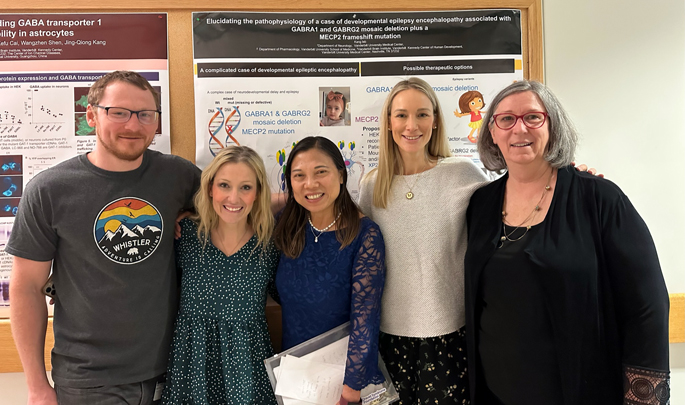
Nonprofits support quest to cure childhood epilepsy
Monica Joanna Elnekaveh was doing everything she could to learn what was causing her 18-month-old daughter’s developmental issues. Her relentless quest to find answers eventually led her to Vanderbilt investigative neurologist Jing-Qiong (Katty) Kang, MD, PhD. Read MoreNov 29, 2023
-
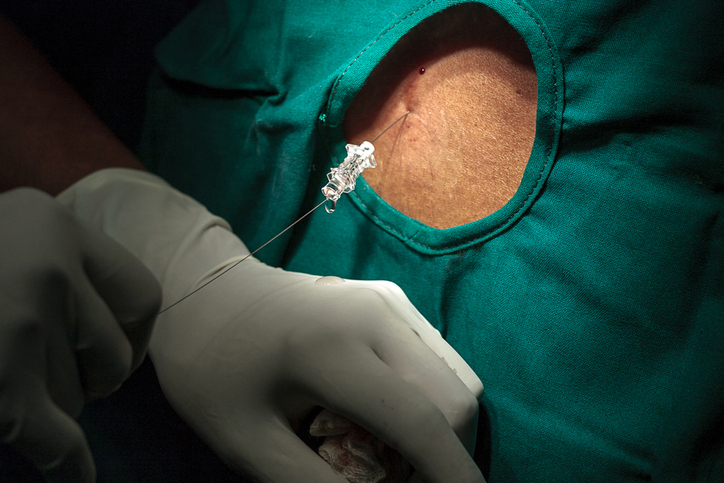
Low-flow cerebrospinal fluid in Huntington’s disease: study
Vanderbilt researchers found reduced net flow of cerebrospinal fluid in Huntington’s disease, which could contribute to mutant protein retention and altered responsiveness to medications delivered via the spinal cord. Read MoreSep 7, 2023
-
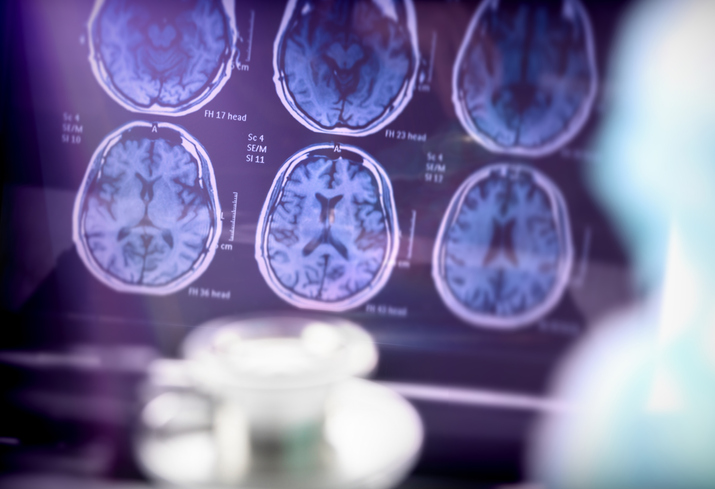
Alzheimer’s genetic risk tracked across sex, race
A Vanderbilt study of genetic risks for cognitive impairment later in life uses data from 32,426 research participants ages 60 and older to elaborate these risks across sex and across the intersection of sex and race. Read MoreJul 17, 2023
-
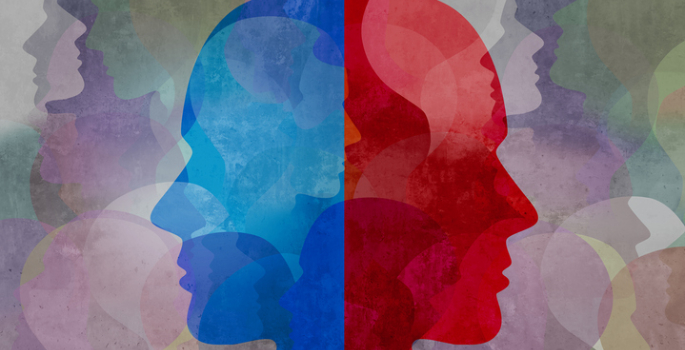
Study provides new insight into how antidepressant drugs work
A study by Vanderbilt researchers sheds light on how current antidepressant drugs work and suggests a new drug target in depression. Read MoreDec 1, 2021
-
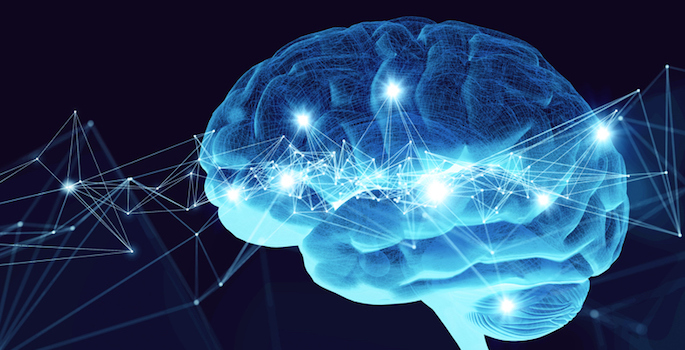
Sudden death from deep in the brain?
Vanderbilt neurologists found altered excitability in deep brain structures that they note may drive respiratory dysfunction and sudden death in a rare form of epilepsy. Read MoreAug 9, 2021
-

Survey identifies factors in reducing clinical research coordinator turnover
Strong, collaborative relationships with principal investigators are a key factor of longevity in clinical research coordinator positions — an essential, but increasingly transient job in executing treatment-advancing clinical trials, Vanderbilt University Medical Center researchers found. Read MoreMar 8, 2021
-

Inflammation in genetic epilepsy
Brain inflammation links genetic and acquired epilepsy — providing new clues about epilepsy development and pointing to potential treatments. Read MoreJan 21, 2021
-

VUMC to lay groundwork for Tennessee’s first federally funded Alzheimer’s Disease Research Center
Angela Jefferson, PhD, professor of Neurology and director of the Vanderbilt Memory and Alzheimer’s Center, has been awarded a $3.7 million, three-year grant from the National Institute on Aging (NIA) to support establishment of a prospective NIA-funded Alzheimer’s Disease Research Center (ADRC) at Vanderbilt University Medical Center. Read MoreSep 10, 2020
-

New clue to Alzheimer’s disease
Combining studies of genetically diverse mouse populations and human data led to the identification of a gene associated with cognitive decline and brain changes in Alzheimer’s disease. Read MoreSep 3, 2020
-
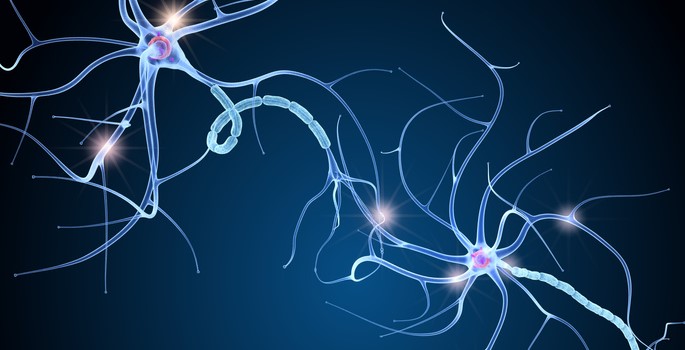
Cashew shell compound appears to mend damaged nerves
In laboratory experiments, a chemical compound found in the shell of the cashew nut promotes the repair of myelin, a team from Vanderbilt University Medical Center reported Aug. 17 in the Proceedings of the National Academy of Sciences. Read MoreAug 17, 2020
-

Single mutation causes seizure disorder
A single mutation in one gene can impair inhibitory signaling in the brain and cause multiple types of seizures and behavioral abnormalities. Read MoreJun 22, 2020
-

Spasticity underdiagnosed
Spasticity — a consequence of stroke and other disorders of the central nervous system — may be underdiagnosed and undertreated in nursing home residents. Read MoreApr 8, 2020
-

Grant bolsters research on subjective cognitive decline
Katherine Gifford, PsyD, MS, assistant professor of Neurology, has been awarded a five-year, $4.3 million research grant from the National Institute on Aging to study what subjective cognitive decline can reveal about underlying pathology. Read MoreFeb 27, 2020
-
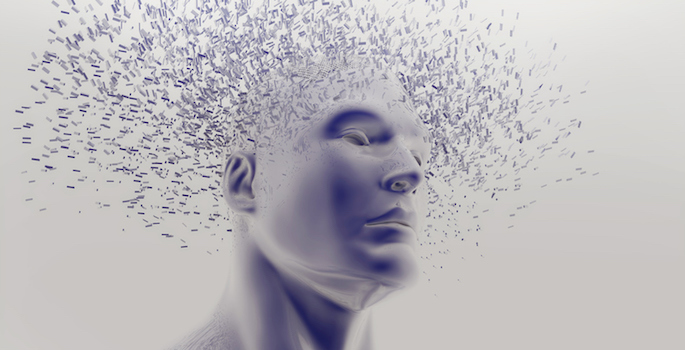
A new anti-seizure target?
Vanderbilt neurologists have identified a protein modification that could be targeted to reduce neuronal excitability in epilepsy. Read MoreDec 12, 2019
-

Team discovers one more piece to the autism puzzle
Vanderbilt investigators have linked genetic mutations in a single receptor to epilepsy, autism and intellectual disability. Read MoreOct 3, 2019
-

Astrocytes and epilepsy
A protein with important functions in astrocytes — star-shaped brain support cells — may alter neuronal excitability and contribute to seizure activity, Vanderbilt researchers report. Read MoreSep 9, 2019
-

Perivascular spaces linked to worse cognition
Commonly thought to be harmless, enlargement of fluid-filled in the brain have been linked to cognitive problems in older adults. Read MoreMar 21, 2019
-

Using a mapping technique to reassess prior Alzheimer’s studies finds ‘powerful,’ improved reproducibility
A neural mapping approach that pegs results from more than two dozen previous Alzheimer’s studies found that reproducibility improves when trying to isolate symptoms to a brain network rather than a single area of the brain. Read MoreDec 19, 2018
-

Probing the pathology of impaired cognition
A new link between a support protein within the brain's white matter and known Alzheimer's biomarkers discovered by Angela Jefferson and colleagues bring researchers a step toward earlier and more precise detection of neuropathology underlying cognitive impairment that may lead to new targeted therapies Read MoreOct 26, 2018